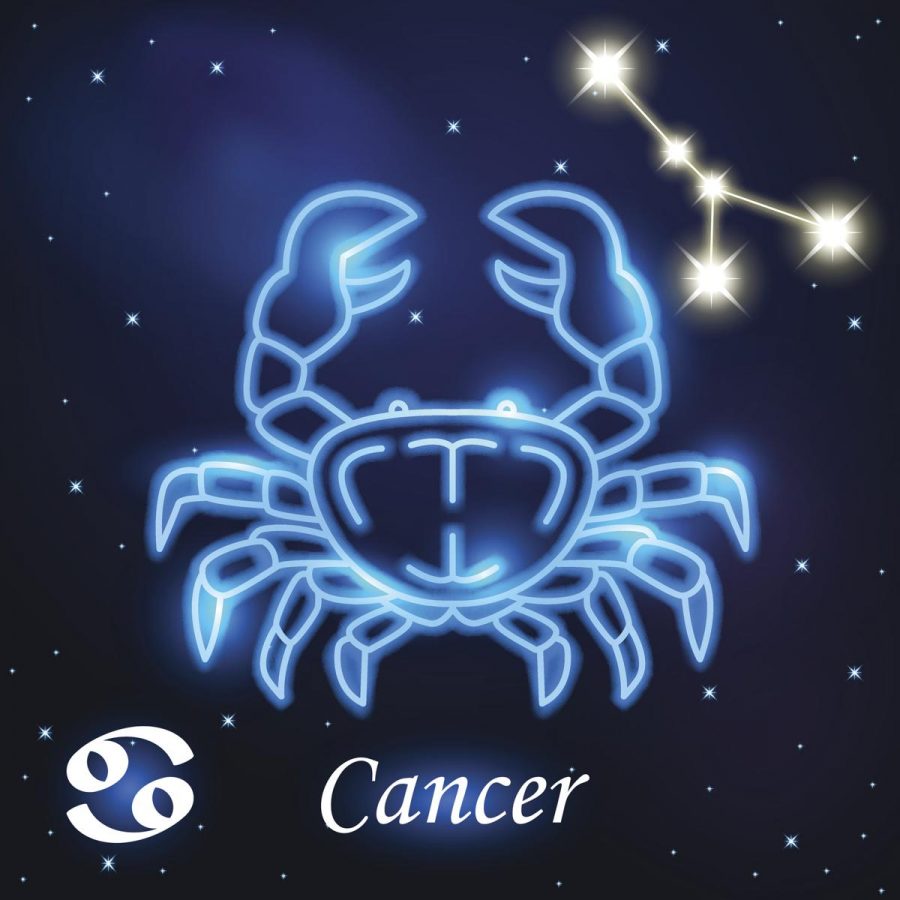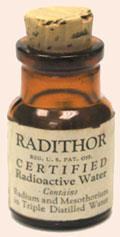

The exact causes of colon cancer are unknown, but there are several potential risk factors. The result is a more serious, less treatable condition. These cancer cells can grow and invade healthy tissue nearby and throughout the body in a process called metastasis. These polyps form on the inner walls of the large intestine.Ĭancerous cells may spread from malignant tumors to other parts of the body through the blood and lymph systems. If a person has a type of noncancerous polyp called an adenomatous polyp, they have an increased risk of developing colon cancer. Polyps are noncancerous, but cancer can begin with some types of polyps. Polyps are growths that form on the inside of the colon. Tumor suppressor genes help regulate cell division and cell death.Ĭhanges to DNA can affect oncogenes and tumor suppressor genes, resulting in multiple gene changes that may lead to colon cancer. Certain genes called oncogenes help cells stay alive, grow, and divide. Cancer can develop when cells grow and divide uncontrollably and do not die at the normal point in their life cycle.Īccording to the ACS, researchers are unsure of the exact cause of colon cancer, but certain factors may increase the risk.Ĭancer happens as a result of changes in DNA within cells. Usually, cells follow an orderly process of growth, division, and death. In addition, if people who are menstruating have anemia from colon cancer, they may have irregular menstrual cycles. Symptoms in femalesįemales may experience the same symptoms as listed above. Learn more about colon cancer in males here.

Males may notice the symptoms listed above.

Symptoms and signs may include one or more of the following: Share on Pinterest mr.suphachai praserdumrongchai/Getty Images


 0 kommentar(er)
0 kommentar(er)
